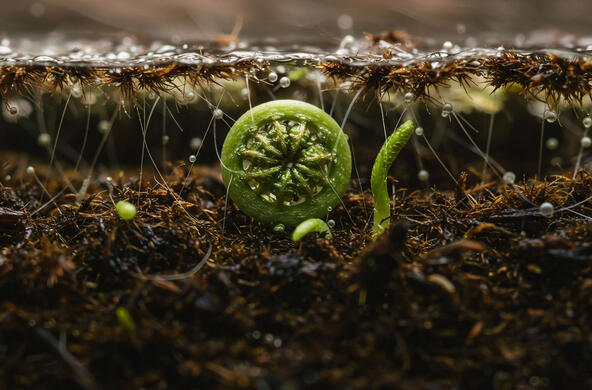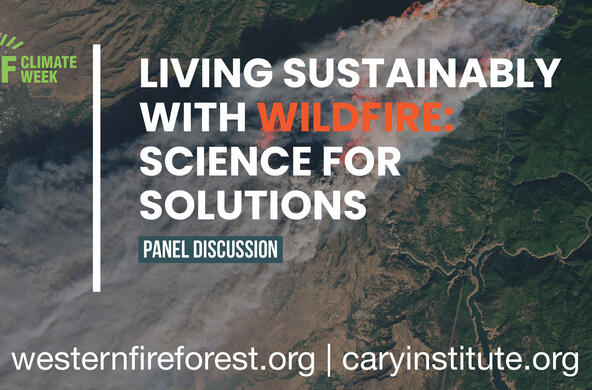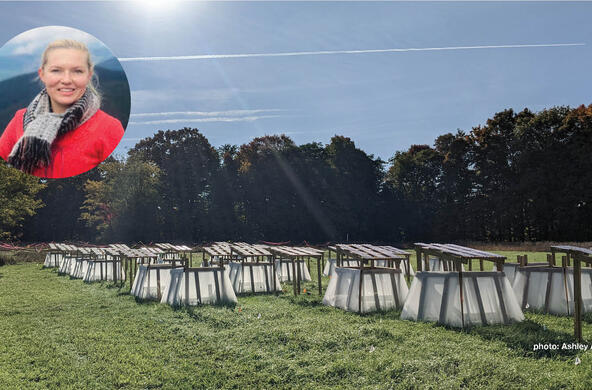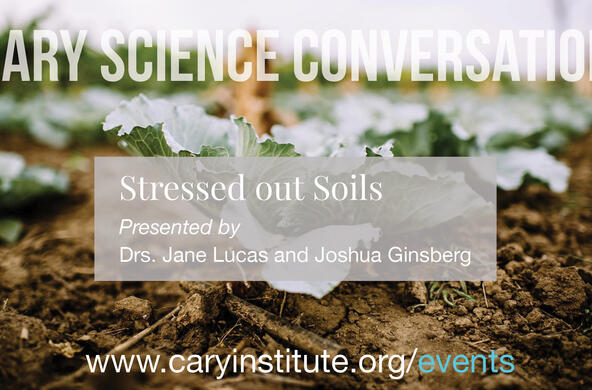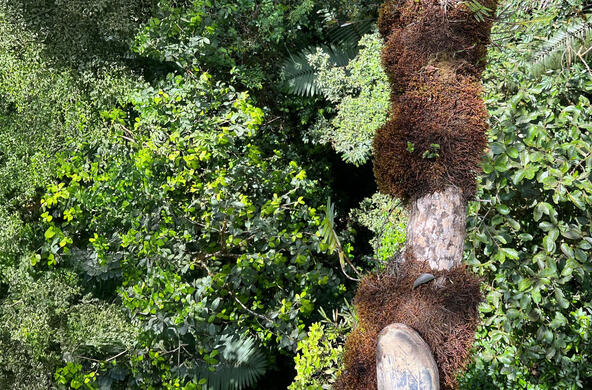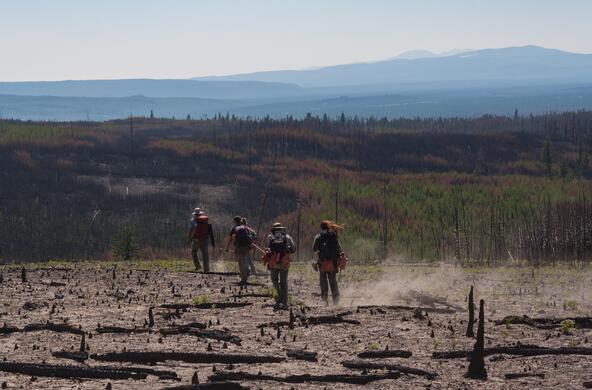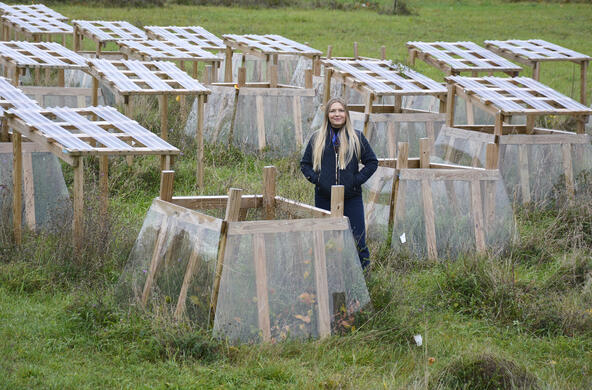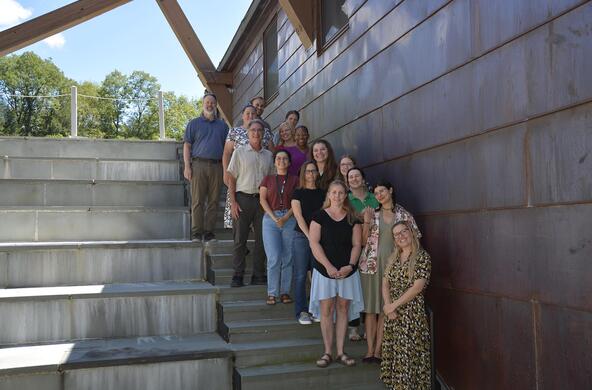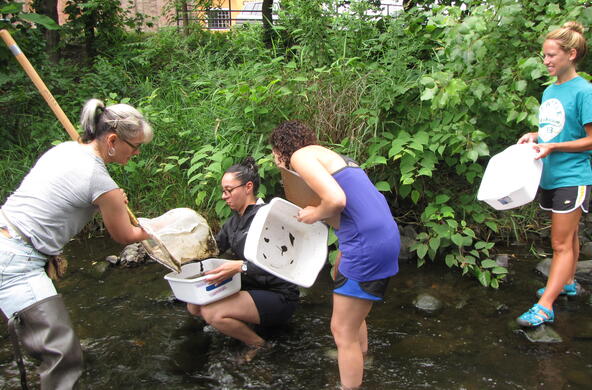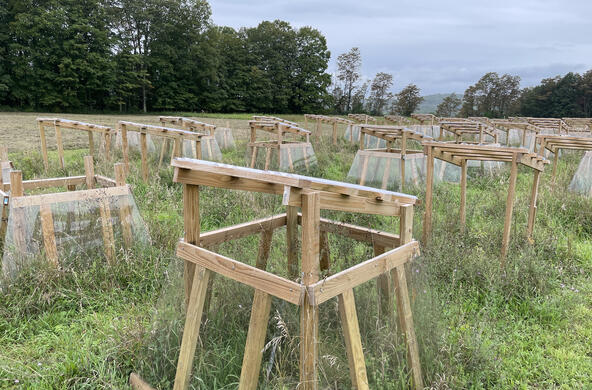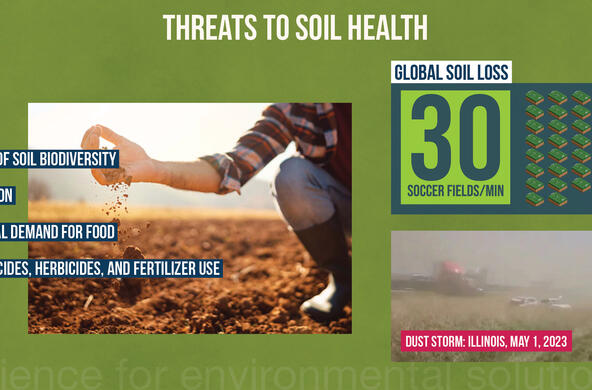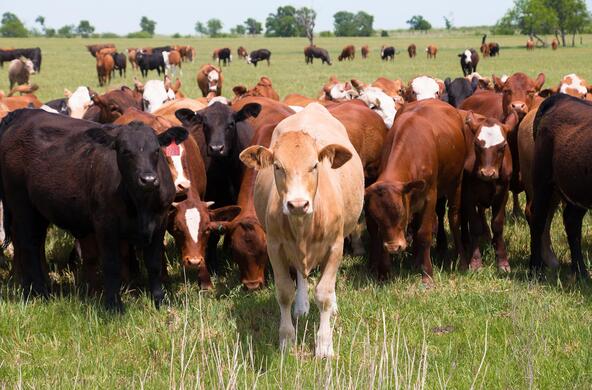- Profile
- Videos & Podcasts
- Publications
Jane Lucas studies microbial communities, which exist in nearly every environment and play a key role in nutrient cycling. These tiny and abundant microorganisms help fertilize plants and recycle organic debris, with important implications for agriculture and ecosystem health. Lucas is working to uncover the hidden complexity of microbial life, primarily in soils, from tropical forests to farmlands around the world. Central questions: How do global change factors combine with local human activities to affect belowground microbial communities? And how do those microbial changes impact soil health, productivity, and the carbon cycle?
In her Stressed Out Soils project, Lucas is examining how four factors — antibiotics, fungicides, rising temperatures, and drought — interact in surprising ways to influence communities of soil microbes, plants, and insects. Findings will inform strategies to help farmers maintain healthy soils and maximize soil carbon storage in the rapidly changing Hudson Valley and beyond.
Lucas participates in the global research collaborative known as DRAGNet (Disturbance and Recovery Across Global Grasslands). This project analyzes how grassland ecosystems respond to common agricultural practices such as tilling and fertilizer application. While DRAGNet currently focuses on plant responses, Lucas has ambitious plans to expand the program to explore belowground impacts as well. If funded, the project would measure agricultural impacts on soil food webs and carbon storage at 58 sites in 17 countries. The goal is to clarify grassland contributions in the carbon cycle, enabling more precise climate policies and enhancing carbon management strategies.
At three sites in the Hudson Valley, Lucas is investigating whether solar panel installations have the potential to double as carbon storage sites. Can these former agricultural lands be maintained as grassland carbon sinks, or is the soil health too degraded? As solar installations become increasingly common, this work will inform how we can maximize land use.


